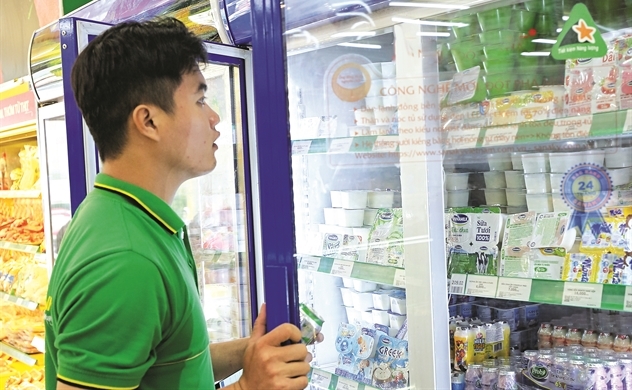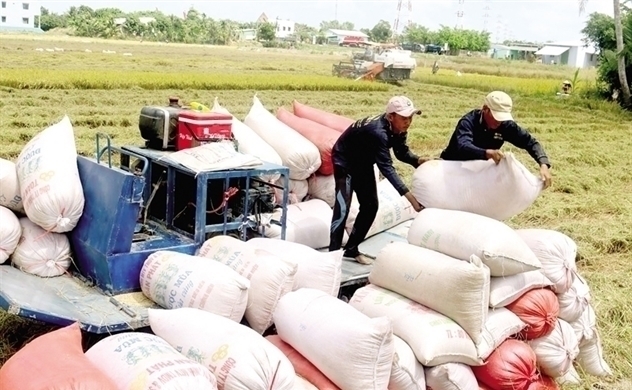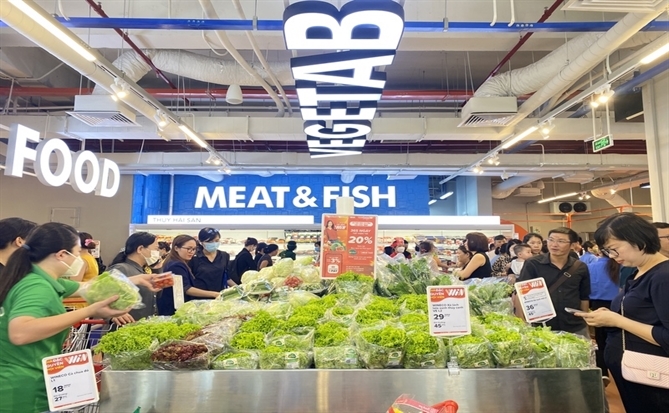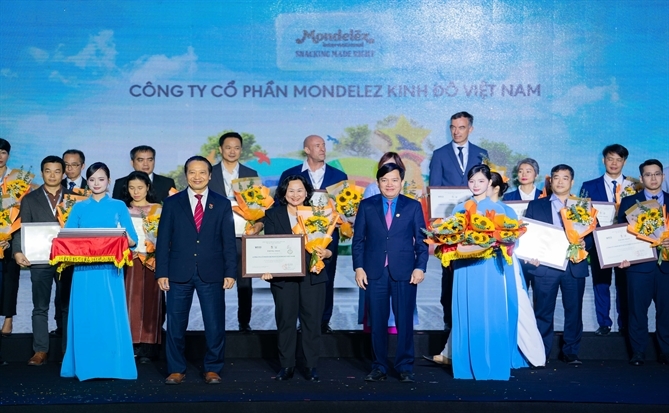CPTPP shifts local and foreign dairy producers’ target market

Photo: TL
When the Comprehensive and Progressive Agreement for Trans-Pacific Partnership (CPTPP) took effect, foreign dairy companies boost exporting into Vietnam taking advantages of incentive tax policies, while local milk producers are looking for markets outside Vietnam.
Recently, Viet Australia Group introduced Nubone milk produced by Lotte Foods, a subsidiary of Lotte Group. VitaDairy Milk Joint Stock Company and PanTheryx Group also introduced colostrum in the Vietnam market.
It can be judged that the imported milk market in the local market has been more active since the CPTPP was ratified and domestic dairy producers face pressure with competitiveness from foreign players. The import tax for dairy products from New Zealand, Singapore and Japan has reduced to 0%, enhancing competitiveness of these products in the market.
According to initial statistics released by the General Department of Customs, between 2010 and 2018, Vietnam imported about USD7.2 billion of dairy products. When the Vietnam-EU Free Trade Agreement (EVFTA) was signed, there are more and more foreign dairy companies having entered the Vietnam market.
However, foreign dairy enterprises have advantages in the powder milk segment, but yogurt and pasteurized milk, which must be kept in suitable conditions on shipping.
According to Bao Viet Securities, EU will eliminate all tariffs on Vietnamese dairy products when EVFTA takes effect. Unfortunately, domestic dairy enterprises do not have benefits from this market since EU has not granted a license to import milk from Vietnam.
The increasing pressure from foreign dairy companies forces domestic businesses to have new strategies for better competitiveness. The General Director of International Dairy Company - Tran Bao Minh admitted that businesses with strong financial resources need to spend only 10% of their revenue for marketing programs. The amount is equal to whole-year revenue of a small enterprise.
Hanoimilk still has not overcome difficulties though its first quarter of 2019 revenue was reported with a 37% increase to more than VND40 billion (USD1.7). But its net profit was only VND166 million (USD7,100).
Chairman of Hanoimilk's Ha Quang Tuan acknowledged that his company faced strong competition pressure from companies with large financial resources. The Research Institute for Brand Strategy and Competition warns that tax cut may leave huge pressure on local dairy producers as imported milk will increase sharply.
Domestic dairy businesses are boosting exports. In particular, Vinamilk invests in the US, New Zealand, Cambodia, Poland, Laos and Myanmar. It is expanding markets to the EU, Africa and South America. TH True Milk invested USD2.7 billion in Russia in a dairy production project. Currently, Vietnam has exported milk to 46 countries and territories and Middle East market accounts for over 70%.
Vinamilk has set a revenue target of USD3.3 billion by 2021, up from current USD2.2 billion. Dairy producers in Vietnam including Vinamilk eye ASEAN markets as Indonesia, Malaysia, Philippines and Singapore have high imported milk demand, at about USD500-600 million per year.
However, in terms of import turnover, China is the world’s top market. Annually, the country imports about USD5 billion milk and dairy products, accounting for 18.3% of the total imported milk in the world. According to China's Ministry of Agriculture, the country's domestic airy supply meets 75% of market demand.
In October 2019, Vietnam's first shipment of milk will be exported to this market. Vietnam has five enterprises to export dairy products to China, including Vinamilk, TH True milk, Moc Chau Milk, NutiFood, and Hanoimilk. Next year, total dairy export is expected to increase to USD300 million from current USD 120 million.
However, exporting to the Chinese market is relatively difficult due to several strict standards. In order to promote dairy exports, local businesses need to promote quality, food safety, and propose better brand development strategies and enhance organic products as well.
Same category news
-
Huyen Hoang

 TIẾNG VIỆT
TIẾNG VIỆT 









_131447820.png)







